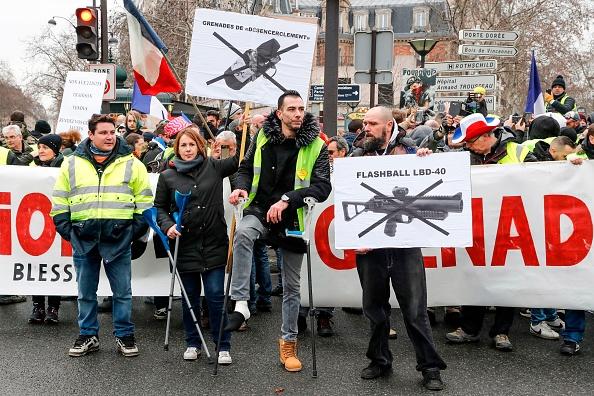PARIS—The terrorists opened fire and attacked symbolic places of daily life for Parisians—bars, a stadium, a theater. As the city still grapples and regroups, a series of social campaigns has emerged in an attempt to try and heal the wounds in the capital.
The initiatives are not about forgetting the pain and sorrow of recent events. In the minds of many Parisians, it is a moral resistance: a refusal to show fear, and to live normally.
A note left in tribute at the Place de la République captures the sentiment well: “If drinking shots and going to concerts or sports matches becomes a fight, then terrorists, you can shake in your boots because we are very well trained.”
Earlier this week, a group of restaurant owners launched “Peace for Paris, Tous Au Bistro” (“Everyone at the bistro”)—a call to Parisians to meet at their local bistros to have a drink on Tuesday, Nov. 17.
The invitation, shared on Le Guide Fooding website, said the goal was “to honor, support these targeted public places in order for Paris to remain Paris.”
Leaning at the bar at the bistro Le Baromètre, customer Gildas Gentile is also thinking about how he can contribute to healing the neighborhood.






